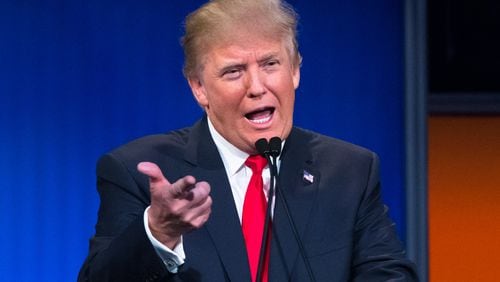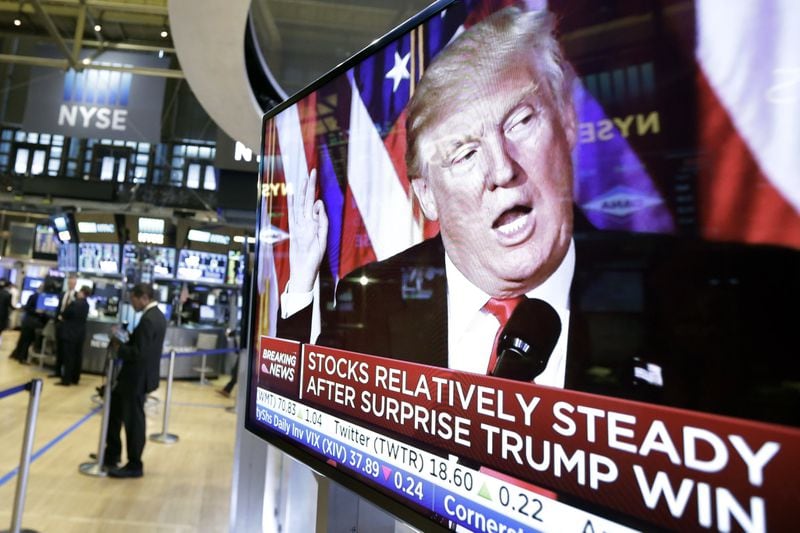This is going to make index investing great again, writes Barry Ritholtz.
There’s a long tradition of using an index as a tool: it spreads risk at the same time it can add together similar kinds of companies, it protects you from one company’s bad luck and saves you from the need to constantly fine tune.
And Ritholtz says in a piece on Bloomberg that now is the time to combine indexing with the chaotic political climate. And to be fair, there's clearly at least a dash of silliness and satire here.
But money is money.
And Ritholtz, a long-time Wall Street investor, consultant and commentator, says there is money to be made from parsing the president-elect's positions.
So Ritholtz created two indices based on the president-elect’s tweets and “other pre-presidential utterances.”
In one group are companies that Trump has praised as well as companies that he has recruited executives from to be advisers. The other index consists of companies that have drawn the president-elect’s scorn.
“Some of you coastal liberal elites might not appreciate the wisdom of building specific portfolios from Trump’s tweets; that’s just because you don’t understand the new era of populism, viral social media and fact-free politics,” Ritholtz writes. “You are stuck in the old way of thinking – growth, valuations, market cap and momentum. That’s old school. Catch up.”
Ritholtz calls this first group the Oligarch Index. Among the companies included are Exxon Mobil Corp., Facebook Inc., Ford Motor Co., Goldman Sachs, JPMorgan Chase & Co., PayPal, Sprint, SoftBank and United Technologies.
The second group – the Drain the Swamp Index – includes Amazon, Boeing, General Motors, Kellogg Co., Lockheed Martin, Macy’s, the New York Times, PepsiCo, Tesla Motors, Time Warner Inc., T-Mobile US Inc., Toyota Motor Corp. and – of course!! – Twitter.
“Rather than a stock-bond mix, think of this as a paired trade – long OLGY, short SWMP,” writes Ritholtz. “Can you imagine how much more significant and market-moving those tweets will be once Trump is sworn into office?”
Now, Ritholtz is not without a political perspective.
During his long history of comments and writings, Ritholtz has been somewhat critical of the Wall Street ethos and critical of the entrenched power of the larger players. It is probably fair to say that, at least on Wall Street, he can be considered politically left of center. On the other hand, he is no do-gooder – he has run businesses that are in it for the bucks.
Ritholtz, a Bloomberg columnist, founded Ritholtz Wealth Management and was chief executive and director of equity research at FusionIQ, a quantitative research firm. A frequent blogger and the author of "Bailout Nation: How Greed and Easy Money Corrupted Wall Street and Shook the World Economy."
Between mid-November and this week, the Olilgarch index outperformed the Drain the Swamp by 11.9 percent. Those early results are visible on the graph here.
For those with a Bloomberg terminal, his indices can be monitored in real time. (For the Oligarch index, type .OLGY GP.
For the Drain the Swamp index, type .SWMP GP.)
“Regardless of how you choose to allocate your assets, there is another way; a much better way; a method that cannot fail in its brilliance and simplicity,” he wrote, perhaps with just a slight poke of tongue into cheek. “Whoever is managing your favorite 401(k), hedge fund or trading account should take note.”
About the Author








